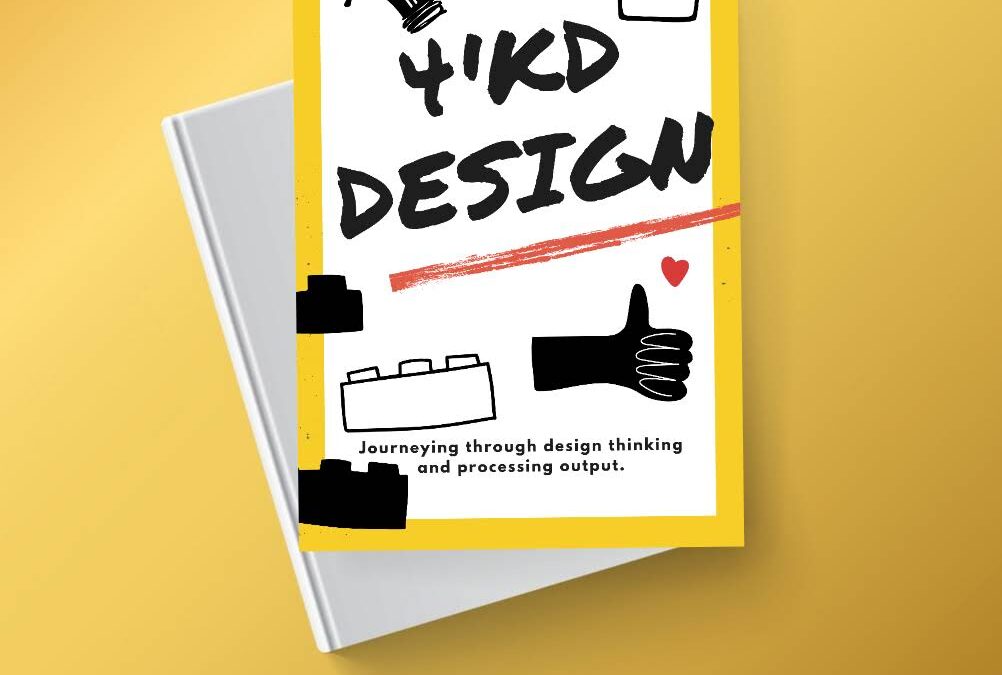4’KD Design: Journeying through design thinking and processing output by Kavita Jhala
Pages: 59
Price: Rs. 49 INR(Kindle Edition)
ASIN: B07YLK5392
Buy here: https://amzn.to/3cTcyUl
The design is a magical world that translates into creative, problem-solving and highly energetic sphere. Why then do we get a wrong product, service or output after so much highly energetic input? The answer lies in the core of it all : Re-thinking how you Design. So far, only one method isn’t enough for when we get into comfort zone our competencies definitely increase but creativity declines. This book gets you into the flow of the design process enabling you to create your pathway.
About the author:
Kavita Jhala is an entrepreneur, trainer, content writer and an obsessive bibliophile. She lives in Indore, Madhya Pradesh with her family. Kavita loves educating and inspiring other writers and entrepreneurs to enhance their skills and develop professionally.
Learn more about Kavitha at Front Page
Literature My thoughts related to Literature in general for you to read and comment. Entrepreneurship Experiences and…kavitajhala.com
Learn more about Kavitha’s literature company at
Make sure to watch videos of books and interesting literature info at Kaffeinated Konversations Youtube Channel.
My take on the book:
4’KD Design is a beginner’s guide to design thinking — the basics, concept and checklists that come handy for anyone starting with design thinking. Each chapter is dedicated to each a concept, hence there are total ten chapters in total and are short and concise.
The book starts explaining difference between creativity and logic in the context of design and how each of them is relevant, and how much each of them must be included for a good design. The next chapter is about the left and right side of human brain which are believed to influence the creative and logical behaviors of individuals and hence their relevance in design. Next the ten principles for good design are explained which thumb-rules are to be followed in design thinking.
The next chapters provide the fool proof checklist for design, the practices and order of steps to be followed, and how design should be evaluated through feedback. The book concludes with tools that can be used in this process like Swot Analysis of project.
Design thinking as a concept gained momentum in recent years though design as a concept has been around from the time the first design has ever come out. This book will work as a primer for those who were always intrigued to understand what design thinking stands for and are looking for an easy read to start their design journey. All the concepts are explained by the author in simple terms along with the short length of the book which makes it easy for beginners also.
However, it would have been better if more examples were included for each chapter. Nonetheless, this book acts a definitive guide for beginners to understand design thinking in simple terms.
My rating:
4/5.
